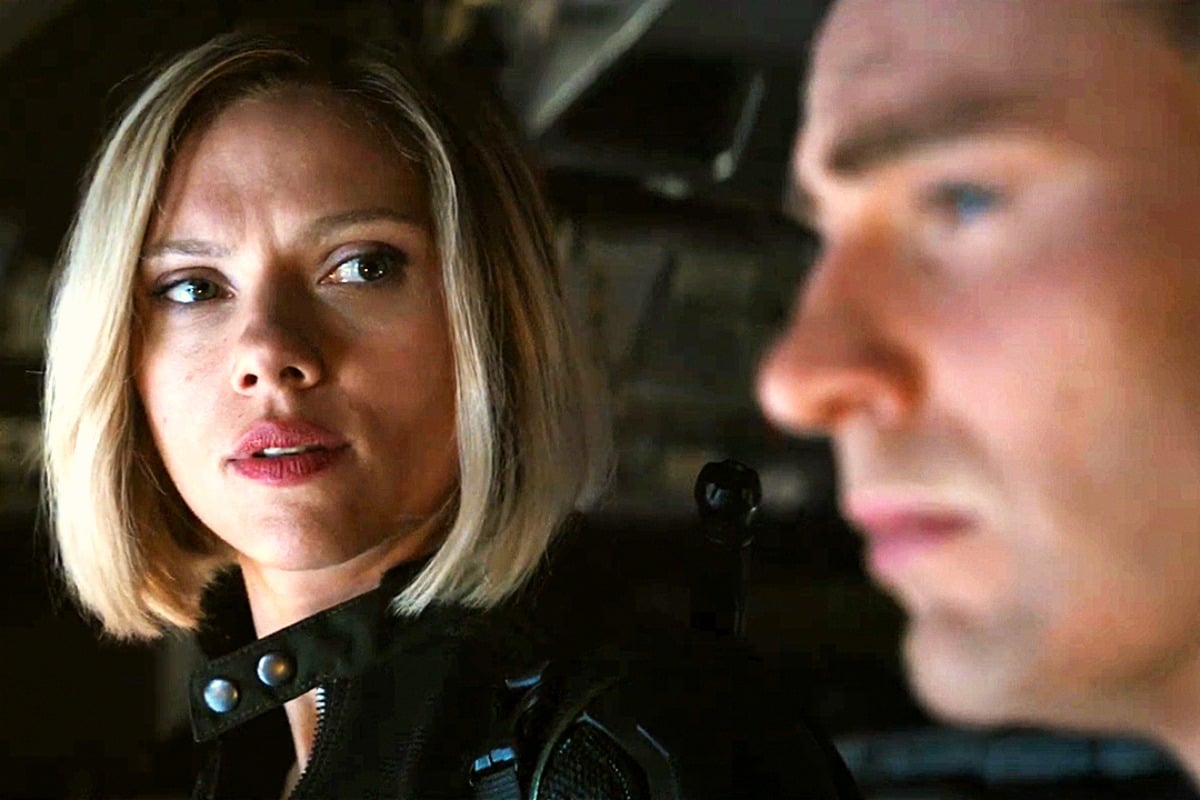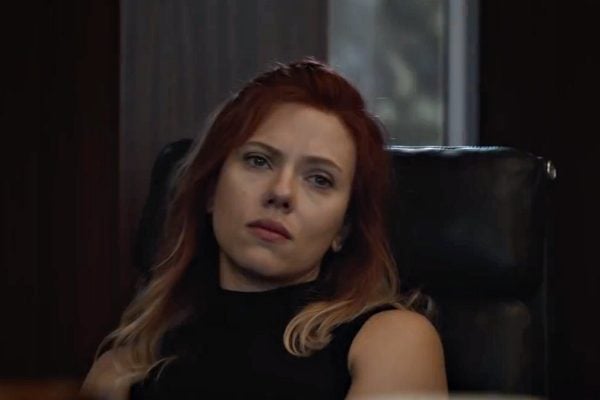
Warning: Massive spoilers ahead for Avengers: Endgame.
With just one crucial scene Avengers: Endgame managed to both infuriate and destroy me more than any human being will ever be able to do.
The new Marvel blockbuster, which has already broken all previous box office records with its $1.2 billion opening weekend, is the conclusion of a generation-defining movie saga which comprised of 22 films spanning more than a decade and in many cases, it actually managed to stick the incredibly difficult finale landing.
There were epic battle sequences, tear-inducing reunions and enough perfectly timed comedic beats on hand to bring a sense of fun to even the darkest of scenes, and despite the fact that my heart is still beating a little too fast for comfort after basking in its epicness, I cannot help but think that this final iteration of the saga has let us all down.
The fault with Avengers: Endgame lies in the treatment of Scarlett Johansson’s brilliant but always terribly underutilised Natasha Romanoff, AKA Black Widow and the sequence of events that led to her death midway through the film.
There’s been a lot of dirt slung at Marvel for suspected ‘plotholes’ within the film brought on by the character’s time travel, particularly Steve Roger’s (Chris Evans) decision to live in the past and grow with his true love Peggy Cartert, but I’m more of the opinion that the rules of time travel as proposed in this particular universe bend enough to allow these events to take place without messing with the main timeline.
No, my gripe is much less of a plothole and more of a plot misstep or even just a blatant disregard for good storytelling in the haste to off an extra character before getting stuck into the final battle.






























































































